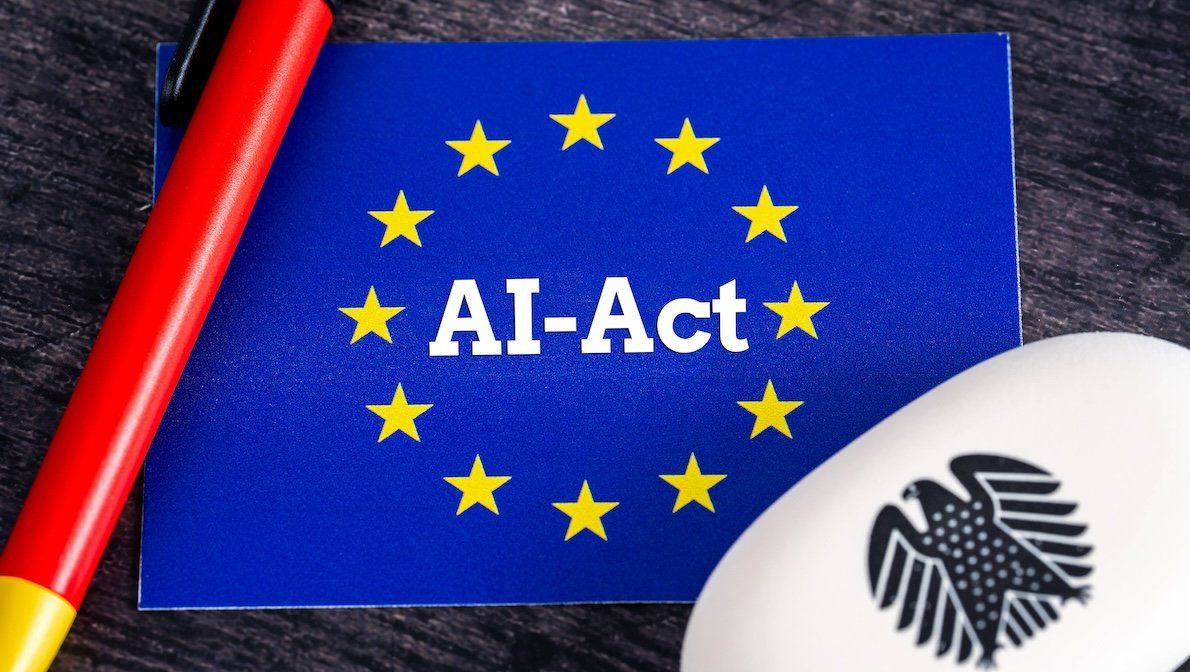Lettering on a logo of the European Union, AI-Act, the symbolic image for the laws and regulation of artificial intelligence in Europe.
As of Sunday, companies in Europe cannot legally use AI for facial recognition, emotion detecting, or scoring social behavior. The penalty is steep: up to $36 million in fines or 7% of global annual revenue.
The AI Act was formally adopted in September after years of deliberation in the European Union’s deliberative bodies. This is the first major government to bring comprehensive AI regulation to bear, and the rest of the law’s provisions will roll out over the next year and a half.
Europe had already gone much further on AI safety than the US federal government under Joe Biden, but with Donald Trump in office — who recently scrapped Biden’s safety-focused AI executive order — the gap in regulation between America and Europe promises to be even greater.
Trump has vowed to retaliate against the EU over the AI Act, which he previously called a “form of taxation,” but that threat wasn’t enough to deter Brussels from plowing ahead.